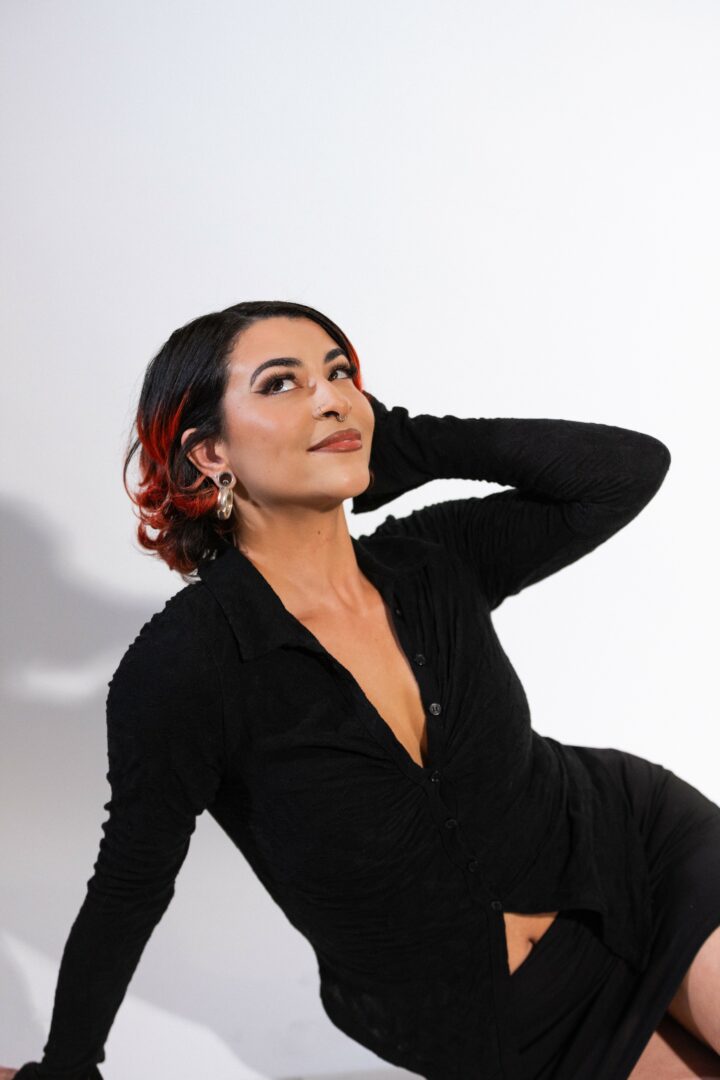We’re looking forward to introducing you to Dakota Ramppen. Check out our conversation below.
Hi Dakota, thank you so much for taking time out of your busy day to share your story, experiences and insights with our readers. Let’s jump right in with an interesting one: What is a normal day like for you right now?
A normal day for me starts pretty peacefully. I get up, pray, drink some water, and feed my cats before getting ready for the day. I usually have Sade playing in the background while I get dressed for work. It sets a calm tone before things get busy.
During the day, I work as a paralegal, supporting people through some of life’s biggest transitions — divorces, prenups, child support, and settlement agreements. It’s a lot of emotional labor, but I like knowing I’m helping people bring structure to situations that often feel chaotic.
After work, I hit the gym to clear my head, then head home to shift gears into my business. That’s when I run my online workshops or meet with my relationship coaching clients. My work focuses on helping people build healthy, conscious relationships using my CARE Model — which stands for Clarity, Agreements, Realignment, and Eroticism. It’s all about teaching people how to love intentionally and communicate with more honesty and awareness.
I usually end my night with a hot shower, some stretching, and a few chapters of a good thriller. I’m obsessed with Frida McFadden’s books! Then it’s lights out so I can reset and do it all again.
Can you briefly introduce yourself and share what makes you or your brand unique?
I’m Dakota — a Relationship Coach and Sexuality Educator helping people build healthier, more intentional relationships through the lens of conscious monogamy. My work is all about moving beyond autopilot love. I love helping people slow down, question their patterns, and create relationships rooted in awareness, choice, and emotional honesty.
I created the CARE Model — which stands for Clarity, Agreements, Realignment, and Eroticism — as a practical framework for practicing conscious monogamy. It teaches people how to communicate needs clearly, set agreements that actually fit their relationship, realign when things drift off track, and keep erotic connection alive.
By day, I work as a paralegal supporting people through divorces, prenups, and settlements which gives me an inside look at what happens when relationships operate unconsciously. That perspective fuels my mission to help others prevent that breakdown by learning how to love with more self-awareness and skill.
Through my workshops, coaching, and writing, I’m building a space where people can unlearn fear-based relationship habits, manage anxiety and jealousy with compassion, and choose monogamy as an intentional practice, not just a default setting.
Right now, I’m focused on expanding my online workshops and resources around conscious monogamy. My hope is to make it easier for people to approach love with clarity, communication, and care.
Thanks for sharing that. Would love to go back in time and hear about how your past might have impacted who you are today. What breaks the bonds between people—and what restores them?
What breaks the bonds between people, honestly, is disconnection. Not just physical or emotional distance, but the quiet moments when people stop being curious about each other when ego, assumptions, or fear take over. It’s the buildup of unspoken resentment, unmet needs, and emotional avoidance that slowly erodes trust. Most relationships don’t fall apart overnight; they unravel from neglect and lack of awareness.
What restores those bonds is presence. Choosing to actually see and hear each other again. It’s taking accountability for your own patterns, being honest even when it’s uncomfortable, and creating safety through consistency. Repair isn’t about pretending nothing happened; it’s about being willing to sit in the mess together and do the work to understand it.
That’s really the heart of conscious monogamy, staying awake in your relationship. Not assuming love will maintain itself, but actively tending to it with clarity, communication, and care.
When did you stop hiding your pain and start using it as power?
I stopped hiding my pain the moment I realized that pretending to have it all together was actually keeping me disconnected from myself and from the people I wanted to help. For a long time, I carried shame around my relationship history, the mistakes I’d made, the jealousy, the trauma. I thought being a “professional” meant keeping that part of me off the internet. But the truth is, that part of me is the work.
When I started sharing my stories around the breakups, the rebuilding, the messy middle — people started saying, “I thought I was the only one who felt like that.” That’s when it clicked. My transparency gave others permission to be honest about their own experiences.
Now, I use my platform to turn that pain into power by helping people heal in community instead of isolation. My content, workshops, and coaching all come from that same place of lived experience. I don’t speak from a pedestal; I speak from the process. And that’s what makes it powerful. It’s real, it’s raw, and it reminds people they’re not alone in trying to love better.
So a lot of these questions go deep, but if you are open to it, we’ve got a few more questions that we’d love to get your take on. Is the public version of you the real you?
For the most part, yes. The public version of me is real. But it’s not all of me. I’ve learned that authenticity doesn’t mean exposure. There are parts of me I’m still learning to share publicly, and other parts I intentionally keep sacred not because I’m hiding, but because they’re mine.
I always say, whatever percentage of me you get. Whether it’s 25%, 60%, or 90%, it’s still me. Just because you don’t see every layer doesn’t mean what you do see isn’t real. I believe in being honest, not necessarily transparent about everything. Some things are meant to be protected, not performed.
Okay, so before we go, let’s tackle one more area. Could you give everything your best, even if no one ever praised you for it?
Yeah, I could. Honestly, I probably do better when no one’s watching. External pressure and validation don’t motivate me. They actually make me shut down. If I ever start doing something just for approval, it loses its meaning fast.
I’m admittedly stubborn, so when I commit to something, I ride it out until the wheels fall off. Not because I’m chasing applause, but because I need to know I gave it everything I had. Even if it doesn’t work out, I can live with that. What I can’t live with is knowing I held back.
So if no one ever praised me, I think I’d pour even more into my work. Without the noise of outside opinions, it’s just me, my purpose, and the truth I’m trying to share and that’s where I do my best work.
Contact Info:
- Website: https://www.getrealwithdakota.com/
- Instagram: https://www.instagram.com/getrealwithdakota?igsh=bDIzc3BzanQxYzcx&utm_source=qr
- Linkedin: https://www.linkedin.com/in/dakota-ramppen?utm_source=share&utm_campaign=share_via&utm_content=profile&utm_medium=ios_app
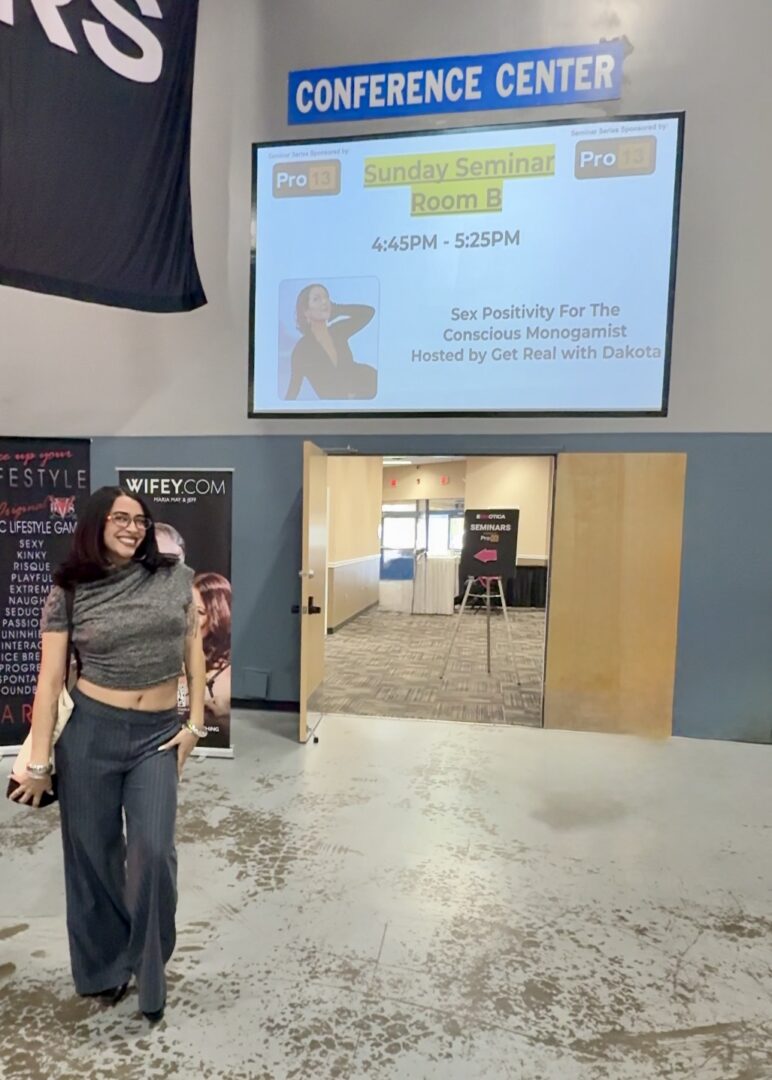
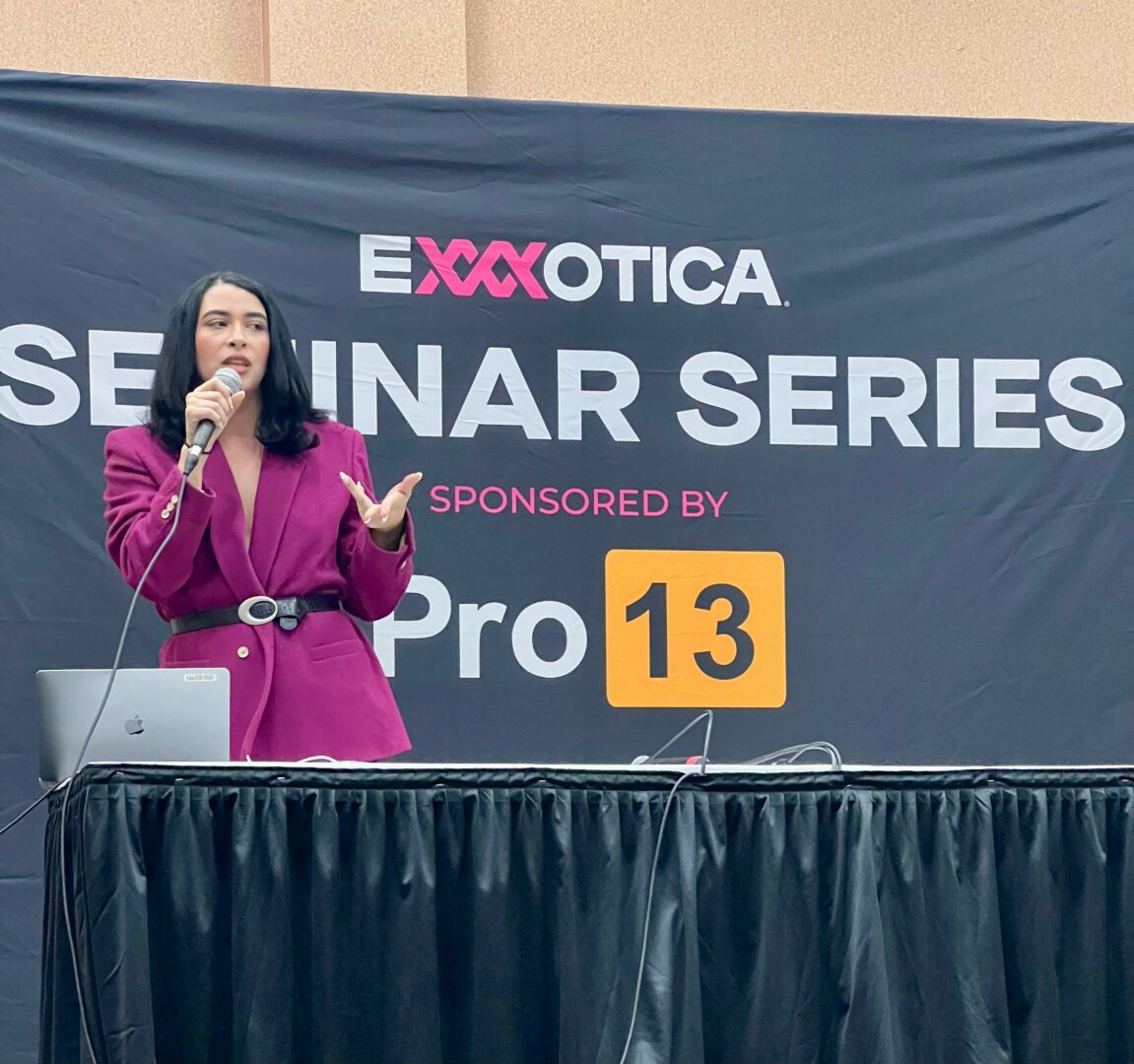
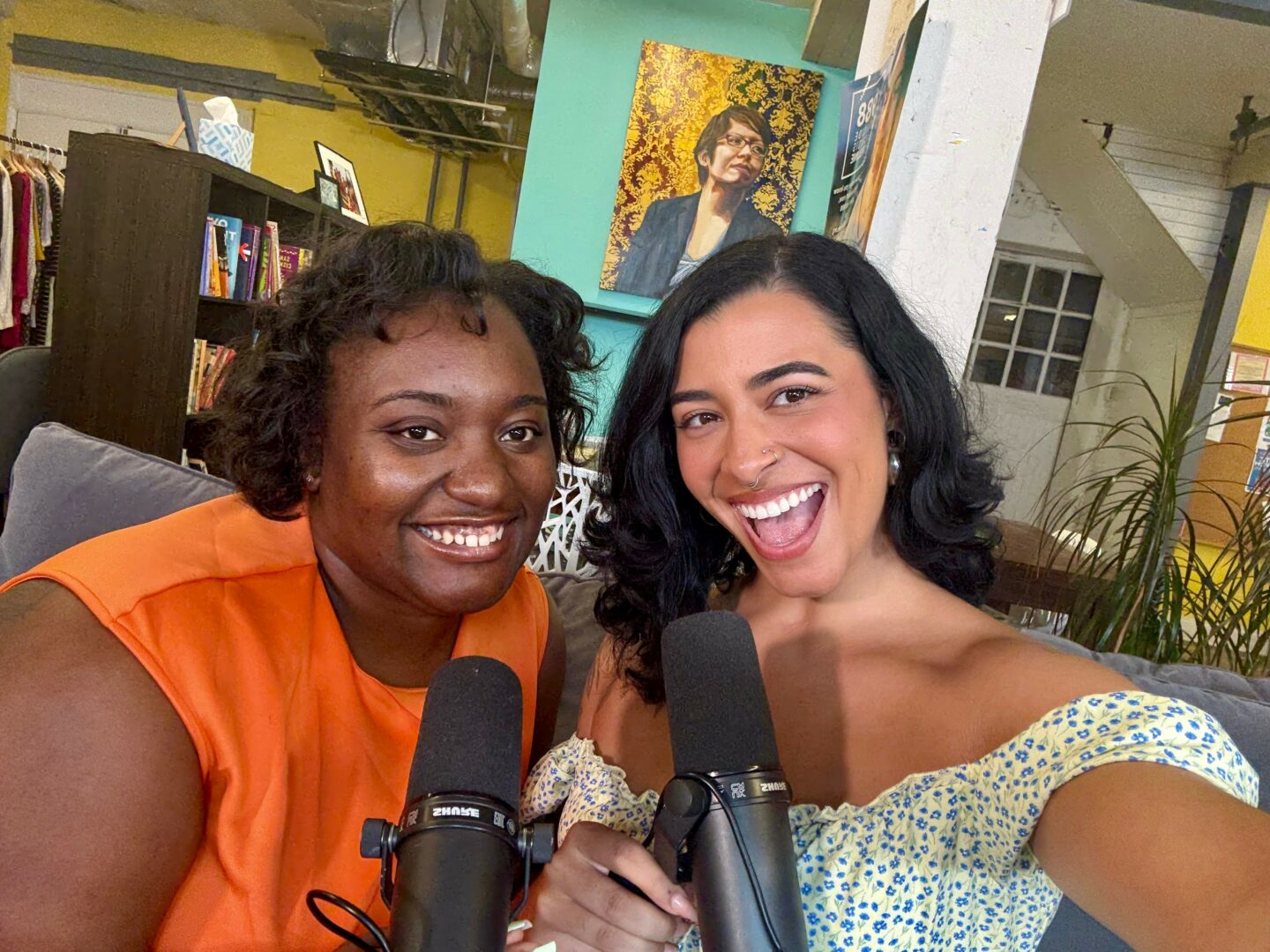
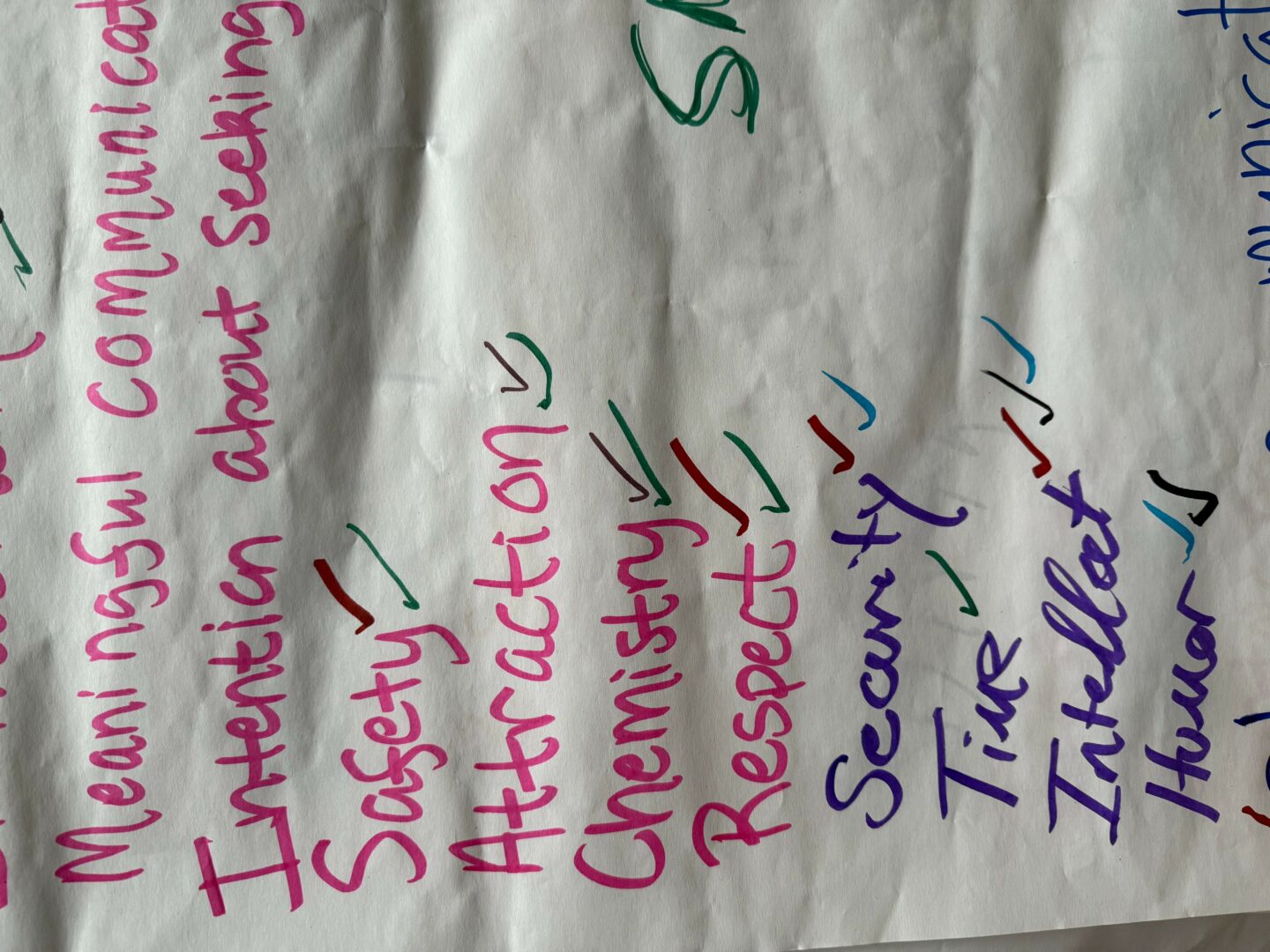
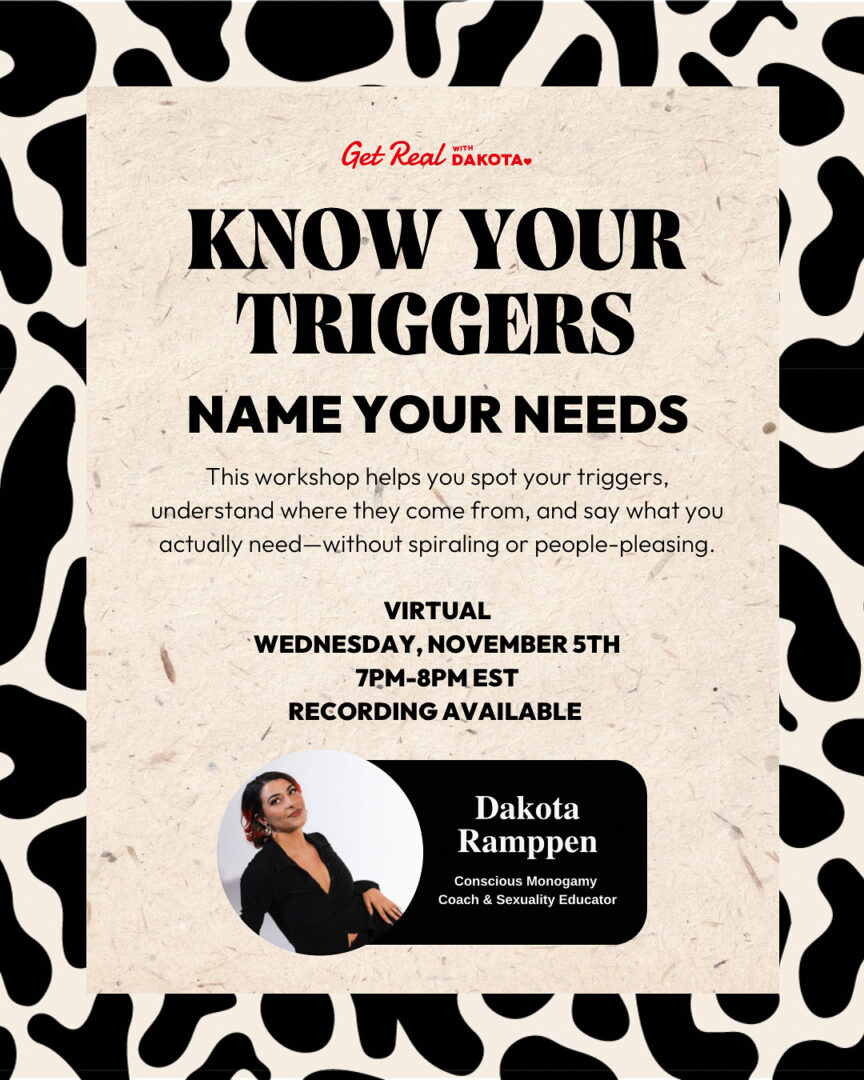
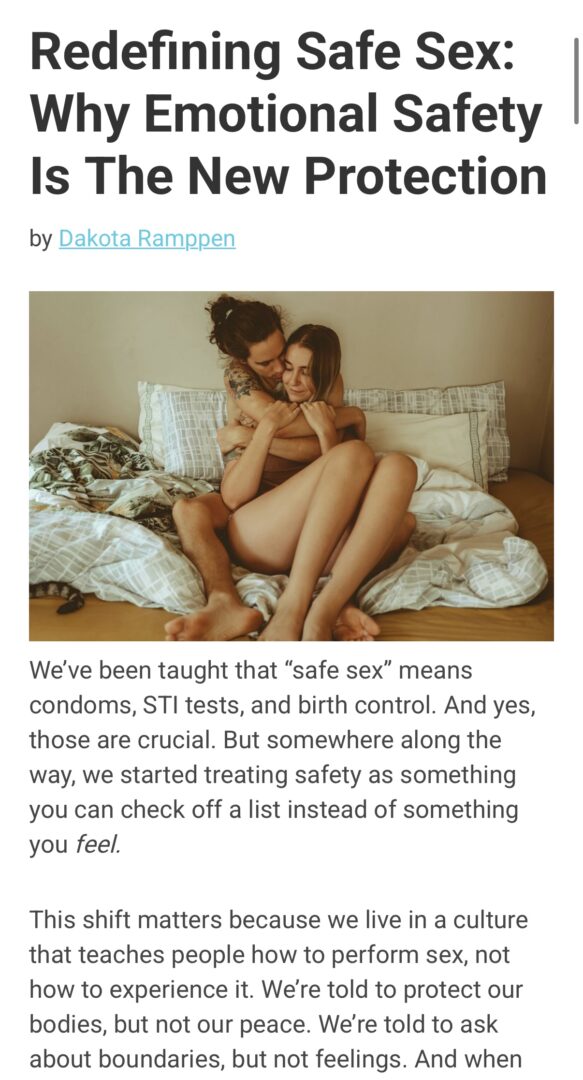
so if you or someone you know deserves recognition please let us know here.

